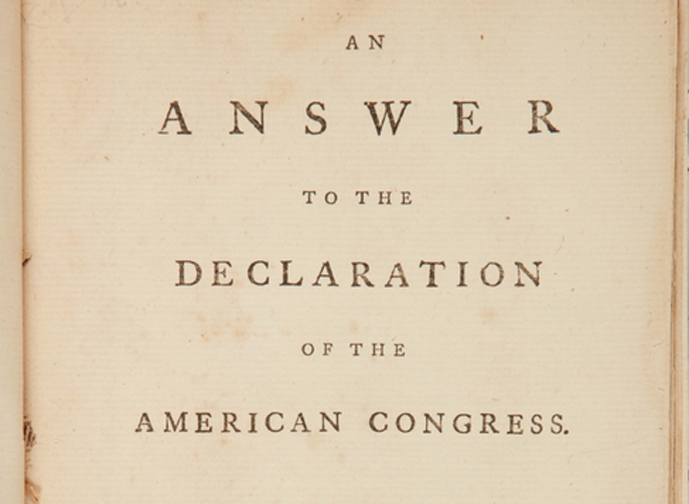Book Review: Spies in Revolutionary Rhode Island by Christian M. McBurney. History Press, 2014. ISBN 978-1626197244, softcover, 158 pages, illustrated.
The last few years have seen a surge of interest in Revolutionary War spying, with several new books and even television shows being produced. Much of this new literature, whether factual or fanciful, is focused on one or a few high-profile events or individuals. Such focus can obscure the fact that intelligence gathering was an ongoing activity at all levels of both sides, and much of the information that passed through enemy lines was gathered not by organized spy networks but by individuals acting for a variety of reasons and durations.
By focusing on a region rather than a network or a campaign, Christian M. McBurney has taken a fresh and valuable approach to the subject that shows the diversity of people, techniques, information and impacts of intelligence gathering during the war, from the earliest days of conflict to the conclusion of peace. Spies in Revolutionary Rhode Island presents a chronologically-arranged series of individuals and activities related to Rhode Island, home to the fifth-largest seaport in the colonies. Although relegated to a sidebar in many histories, Rhode Island was of strategic importance for the entire war, was grudging host to Continental, British, German and French troops at various times, as well at British, French and American naval forces. Each side saw the importance of monitoring the other’s intentions in this tinderbox for major offensive actions that were often planned but seldom occurred.
A key factor in the rich variety of information in Spies in Revolutionary Rhode Island is that the author did not set out explicitly to research and write about this topic; instead, the book arose out of extensive archival research into all aspects of military and political activities in Rhode Island. This research revealed that spying of various sorts was pervasive, and by looking for more than just this one subject the author was able to find and assimilate a great deal of material that has never before been published.
Rather than an operational analysis of intelligence services, this is a collection of personal stories. We learn, for example, of Walter Chaloner, a British sheriff in Newport at the onset of the war who duly reported revolutionary activities to British naval forces in Narragansett Bay. When it became apparent that he was under suspicion and in danger of being imprisoned, he knew his best course was to flee to a British warship; local revolutionaries, however, kept a close watch on all boats. Chaloner had a carpenter affix a seat onto a plank and used this crude craft to paddle two miles through the choppy nighttime waters of Narragansett Bay, enduring great fatigue but saving himself from persecution. This is just one of the many adventures that fill this book, informing us of women who infiltrated military encampments, island farmers who devised ingenious signaling systems for collaborators on the mainland, prominent citizens who led double lives by corresponding with both sides, and a host of others. Every episode is thoroughly cited, a testimony to the vast insights on personal courage that are available to the dedicated researcher.
The quest for information about intelligence gathering is hampered by the secretive nature of the work; the successful practitioners often were anonymous in their day. Through meticulous research, Christian M. McBurney has revealed many of these covert operatives, often ordinary citizens in every other respect. The result is a lively and detailed collection that will inform and entertain anyone interested the Revolutionary War as experienced by individual participants.









One thought on “Spies in Revolutionary Rhode Island”
That’s a must for me! Thank you Mr. Hagist.